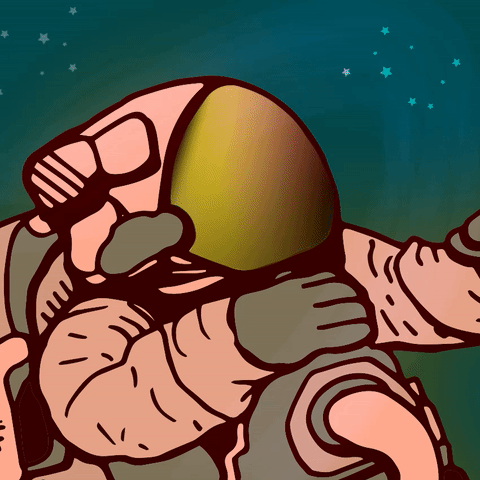Microplastics are present in all beverages, but those packaged in glass bottles contain more microplastic particles than those in plastic bottles, cartons or cans. This was the surprising finding of a study conducted by the Boulogne-sur-Mer unit of the ANSES Laboratory for Food Safety. The scientists hypothesised that these plastic particles could come from the paint used on bottle caps. Water and wine are less affected than other beverages. These findings have highlighted a source of microplastics in drinks that manufacturers can easily take measures to address.
In my experience this is a great talking point for convincing people to drink tap water (which, needless to say, is a thousand times more sustainable than anything in a bottle, plastic or glass).
- “It’s sustainable” - Hmm, whatever
- “It won’t fill your body with microplastic” - now they’re interested
Downside, my tap water is filled with nitrate pollution from agricultural fertilisers used upstream.
Sure. This is a problem in many regions. Then again, in many regions bottled water comes from exactly the same sources.
Can enjoy yummy PFAS from your tap water instead 😋 Using a reverse osmosis system will remove them, though.
Yeah, but this is a pretty dumb debate. It obviously all depends on country, region, groundwater source, filtering systems and so on - and exactly those same factors for bottled water in most places, since the origins are often the same.
My point was about microplastic, which I understand to be more of a problem with bottled water.
Does the filtration even catch microplastics?
Presumably some, but the main issue is that tap water does not spend days and weeks in extremely close proximity to plastic immediately prior to consumption.
no it just flows at significant pressure through PVC pipe.
PVC is for the drains, the sit in PEX (polyethylene) pipes in newer construction/ renovated homes.
I don’t know if PE is ultimately ok, and wouldn’t install it in my house (seems like a burst hazard in 15-20 years), but it’s way safer than PVC.
Without data you’re talking out of your hat, and so am I. My recollection is that the data shows that tap water generally has significantly less microplastic content than bottled water. If you care enough one way or another, then look it up and report back.
They could, but that might reduce profit margins by 0.5¢ per bottle/can, and we just couldn’t have that.
Or hear me out, they can fix it and spin it as having no micro plastics and charge you a dollar more. 100% free of micro plastics, your health is worth the extra buck or two!
Oh for fuck’s sake.
If I remember correctly, bottles used to have cork in the caps before plastic. I don’t know if going back to cork is feasible so is there an alternative to plastic that meets the requirements?
I dunno. Cork comes from tree bark, and I would prefer “we” don’t incentivise corporations to mess more with trees.
Also, what they suggest in the article sounds pretty feasible: cleaning the caps before sealing, as well as changing stuff in the manufacturing procedures.
If you ask me, my favourite solution would be to use our own bottles or flasks and refill them with the beverage of our choice at specific places. I know we are not used to that, but in the same time it’s not that difficult either.
Cork harvesting isn’t very harmful to the tree
https://corkinstitute.com/harvesting
Studies show that regular harvesting generally improves the trees health and vigor.
IFF the harvester actually knows what they’re doing
I’d imagine they’re pretty careful about that, since the first harvest isn’t until the tree is 15-20 years old, and they can live for 150
Thanks for the input, I had heard that cork harvesting is considered a sustainable production, but hadn’t looked into it at all. If I got this right, it doesn’t hurt the oak cork trees at all.
That said, if I imagine a corporation like coca-cola wanted to shift to corks, I suppose the demand for them would rise due to how many beverages they sale and more oak corks would need to be planted. Wouldn’t this mean disturbing some existing ecosystems, perhaps clear-cutting some areas of other trees to create new monocultures, just to meet demands?
So in a way I can see how sustainable cork harvesting is in a small scale, but I don’t think it would be the same if big corporations are involved. Something like that.
Its a good idea but places offering this usually charge VASTLY more than the other options.
It would be if people wouldn’t buy so much bottled drinks all the time. Stop living off cola.







